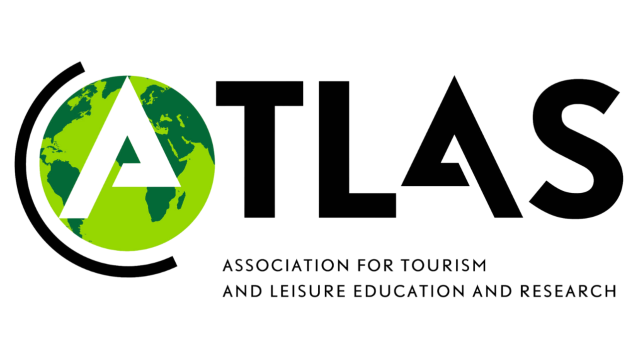Systems Thinking in Tourism
ATLAS Special Interest Group
Systems Thinking in Tourism
The coordinator for this Special Interest Group is:
Kyriaki Glyptou – Leeds Beckett University, United Kingdom
The contemporary reality of economy, society and the ecosystem are permeated by unprecedented levels of complexity and uncertainty. Navigating these challenges requires an innovative transition of perceptual, operational and managerial mindset that considers dynamic system interconnectedness and emphasises adaptability, resilience and collaboration. Systems Thinking, conceptualises phenomena as complex interdependent and interconnected entities of elements rather than simple sets of fragmented components linked through linear cause-effect patterns. In fact, thinking in systems extends the Aristotelian stance where the system as a whole is greater than the sum of its components, and it exhibits emergent, adaptive, transformative and evolutionary properties that arise through their ongoing dynamic interactions. Tourism is well recognised as an open system of multiple components and dimensions.
The complex nature of tourism is best studied through the interpretive lens of in between and across system relationships (context and connections), perspectives (stakeholder interests), and boundaries (scope and scale) that drive change management and decision making through feedback loops. Systems thinking allows for the recognition of these dynamic patterns that dictate a tourism system behaviour and supports adaptive strategies that foster its resilience and long-term sustainability. In this regard it is most appropriate to capture system vulnerabilities particularly under adversity (crisis) and uncertainty. Applying systems thinking in tourism management, decision making, and policy allows the simultaneous consideration of the multi-faceted and multi-dimensional aspects of tourism along the multiple stakeholders interests. More importantly it extends to the anticipation of both intended and unintended implications of decisions, and the recognition of the long-term impacts of short-term actions.
Within the contemporary climate, the traditional reductionist approaches achieve the in-depth consideration of selective aspects of tourism on the expense of their long-term impact to the systems equilibrium and behaviour. Instead, there is a clear need for approaches that inherently acknowledge the holistic tourism system dynamics and ensure its long-term resilience particularly under adversity and uncertainty. The proposed SIG on Systems Thinking in Tourism will aim to mainstream the systemic consideration in tourism and to advance the academic discourse in the exploration of tourism systems boundaries, absorptive and transforming capacity, resilience and evolutionary behaviour. It will thus support informed tourism management, policy support and decision making in a variety of complex contemporary contexts.
If you want to contact the SIG coordinator, please fill in the form HERE
If you want to join this SIG, please fill in the form HERE
Annual review of activities 2024
The ATLAS SIG Systems Thinking in Tourism was established in 2024 to advance complex adaptive system and resilience thinking in tourism.
The work plan activities of the SIG for the first months of the year, concentrated around the SIG promotion, members’ recruitment and building of the SIG inaugural meeting agenda and objectives. Efforts to increase the SIG’s visibility and outreach will continue throughout the year.
The Inaugural launch of the SIG will take place during the ATLAS Annual Conference in Breda (NL) in June 2024. After a dedicated Special Track on Systems Thinking in Tourism, an inaugural meeting will invite SIG enrolled members and members of the academic and tourism industry community with an interest in systems thinking to an online SIG launching event.
The event will be hosted by Dr Kyriaki Glyptou and Prof Rodolfo Baggio and will aim to establish: (a) common grounds for the community of system thinkers in tourism, (b) SIG expectations and priorities; and (c) an appropriate communication platform for the ongoing discourses associated to the themes of the SIG.
Upon the launch of the SIG, a webinar/workshop will be organised on the potential applications of System Thinking in Tourism and an exploration of opportunities for members collaboration (funding applications and research papers writing).
